Go Lean Commentary
Change is unavoidable; the world will change, whether we want to or not.
Some changes will be good; some bad. Some change will be a reaction in response to other actions or events. When good reactionary change emerge to protect from an existential threat, then that is a good change.
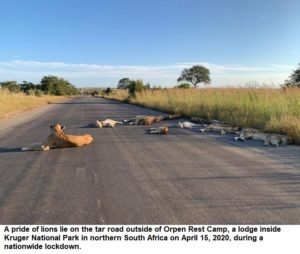 We need to Keep that Change.
We need to Keep that Change.
There is an existential threat today; there is a crisis: Coronavirus – COVID-19; we have reacted accordingly. Our reactions have been positive and beneficial for our environment. Though we needed to make these changes proactively; we should just be happy that the changes have happened anyway.
This highlights a problem we have had all the while with mankind; the problem is … man.
And God said, Let us make man in our image, after our likeness: and let them have dominion over the fish of the sea, and over the fowl of the air, and over the cattle, and over all the earth, and over every creeping thing that creepeth upon the earth. – The Bible; Genesis 1:26 King James Version (KJV)
Unfortunately, we have not done a good job in exercising this dominion over the earth.
Until 2 months ago, the great existential threat to human existence was Climate Change. Now the greatest threat is Coronavirus – COVID-19.
Hooray for the planet, as COVID-19 is only a threat to mammals (mankind, mostly) and not the fauna nor flora nor any “creeping thing that creepeth upon the earth”. While mankind has been dealing with this pandemic, we have done very little damage to the environment – Yippee!!
In fact, we have gotten a chance to see how to abate the existential threat of Climate Change. It is simple:
Less fossil fuel consumption.
While this had previously been theorized, today it is proven valid!
Hooray for science.
See this article-VIDEO here depicting the positive cleaning effect that has manifested as a result of the 2-month reduction in fossil fuel consumption:
Title: Wildlife in streets, less pollution in big cities: Earth looks different on Earth Day 2020
By: Jay Cannon
As we commemorate the 50th anniversary of Earth Day, this year’s event is unlike any other we’ve experienced.While much of the globe hunkers down at home or in quarantine during the coronavirus pandemic, society looks quite different than it did on April 22, 1970 – or even April 22 of last year, for that matter.
Amid closed restaurants, quiet office buildings and canceled sporting events, the new normal has had its fair share of environmental effects, with some areas in the U.S. reporting significant improvements in air quality.
Animals have taken advantage of the absence of humans in some areas, too. Several lions were caught sunbathing on the road of a closed national park in South Africa. Meanwhile, penguins and dogs roamed through a nearly empty aquarium, leading to some incredible cross-animal interactions.
Here’s a look at some of the unique effects that coronavirus has had on our environment.
Source: Retrieved April 22, 2020 from: https://www.usatoday.com/story/news/world/2020/04/22/earth-day-2020-pollution-down-empty-highways-animals-major-cities/3002480001/—————
VIDEO – Coronavirus: Wild animals wander through empty, lockdown towns – https://www.usatoday.com/videos/news/have-you-seen/2020/04/01/coronavirus-wild-animals-wander-through-empty-lockdown-towns/5102987002/
Posted April 22, 2020 – Wild Animals around the world have been spotted checking out urban spaces as humans lock down to prevent the spread of coronavirus.
What does the Caribbean need to do to Keep the Change:
Promote a greener economy, with jobs in renewable energy.
That’s it; let’s get started, as we reflect on this monumental Earth Day 2020 – the 50th iteration of this recognized and celebrated day.
See how this directive was urged by António Guterres, the Secretary-General of the United Nations. See the story here:
Title: UN Secretary-General urges Climate Action in Coronavirus Recovery
APRIL 22, 2020 – On the 50th anniversary of Earth Day, António Guterres, the secretary-general of the United Nations, had a message for the world: We face not one, but two global threats.
“We must act decisively to protect our planet from both the coronavirus and the existential threat of climate disruption,” said Guterres …
The message, however, wasn’t that of hopelessness — the world has a chance to come together and fight both crises.
“We need to turn the recovery into a real opportunity to do things right for the future,” he said.
Restrictions aimed at reducing the spread of the novel coronavirus have drastically changed our lives and economies, creating a unique opportunity for us to invest in more sustainable societies.
The secretary-general offered some “climate-related actions to shape the recovery and work ahead.”
Guterres suggested directing coronavirus relief money into a greener economy, with jobs in renewable energy. Since taxpayer money helps businesses stay afloat in the economic downturn, the money should go toward more resilient and eco-conscious businesses.
“Public funds should be used to invest in the future, not the past,” said Guterres.
In the U.S., experts predict that the recent stimulus bills will only be temporary fixes, and we’ll need more policy changes by September to help us climb out of this recession. But as Guterres explains, since we’re already in the recession, we must take this opportunity to make our economy and energy systems more sustainable, reduce emissions and slow global warming.
Climate change will have economic consequences. We can expect billions of dollars in natural disaster damages, healthcare for pollution-related illnesses and unstable access to affordable food. But a lot of that cost can be prevented.
If we shift to renewable energy now, we can mitigate climate change and protect jobs in the energy industry when the oil runs out. Renewable energy is even cheaper once the infrastructure is in place.
To kick off a greener economy, Guterres recommends ending fossil fuel subsidies and taxing polluters to hold them accountable for their damage. He also recommends that climate risks be incorporated into economic systems like the stock market.
Above all else, the U.N. asks us to put aside our national affiliations and come together as people of Earth.
“Greenhouse gases, just like viruses, do not respect national boundaries,” said Guterres. “On this Earth Day, please join me in demanding a healthy and resilient future for people and planet alike.”
As the U.N. encourages us to invest in a healthy, resilient and sustainable economy, we can individually speed up the process by voting for leaders who prioritize the planet. Learn more at Earth Day Network’s Vote Earth campaign.
Source: https://www.earthday.org/un-secretary-general-urges-climate-action-in-coronavirus-recovery/
The foregoing refers to the reality and actuality of this Coronavirus crisis. Every month, the movement behind the 2013 book Go Lean…Caribbean presents a Teaching Series on a subject germane to Caribbean life. For this April 2020, our focus is on the actuality of the Coronavirus crisis and how some changes have been forced on our society. But being forced to change is not always bad; some good can come from it. This is entry 1-of-5 for this series, which details the kind of changes that we want to keep, not just for the global society but specifically here in the homeland.
Yes, we can … Keep the Change.
All the entries in this month’s series are cataloged as follows:
- Keep the Change – Lower Carbon Consumption abating Climate Change
- Keep the Change – Working From Home & the Call Center Model
- Keep the Change – Schools – Primary to Tertiary – making e-Learning work
- Keep the Change – Basic Needs: Cannot just consume; we must produce as well
- Keep the Change – Mono-Industrial Economy: ‘All eggs in 1 basket’
There are no Ands, Ifs or Buts …
… we need to do a better job of protecting our environment and optimizing our Carbon Footprint with Greenhouse gases. We needed to do this anyway but involuntarily we have been forced to comply these past months.
Once this crisis has past, is it possible to still consume less carbon? Indeed …
… this was the mandate of 2015 Paris Accord, – to lower global carbon output so as to abate Climate Change. There is now new hope. (Previously, in the 1990’s, the world came together, instituted and effectively complied with an accord to abate “Acid Rain”).
Our plan – strategies, tactics and implementations – must be ready for the Caribbean region … for Green Energy!
The points of reforming and transforming the Caribbean societal engines for Green Energy have been further elaborated upon in many previous blog-commentaries; consider this sample:
| https://goleancaribbean.com/blog/?p=19351 | ‘Missing Solar’ – Moral Authority to “Name, blame & shame” big polluters |
| https://goleancaribbean.com/blog/?p=18228 | The Science of Power Restoration after catastrophic natural disasters |
| https://goleancaribbean.com/blog/?p=17280 | Way Forward – For Energy: ‘Trade’ Winds |
| https://goleancaribbean.com/blog/?p=16361 | 5 Years Later – Climate Change: Coming so fast, so furious |
| https://goleancaribbean.com/blog/?p=14832 | Counter-culture: Manifesting Change – Environmentalism |
| https://goleancaribbean.com/blog/?p=14174 | Canada: “Follow Me” for Model on ‘Climate Change’ Action |
| https://goleancaribbean.com/blog/?p=13985 | EU Assists Barbados in Renewable Energy Self-Sufficiency |
| https://goleancaribbean.com/blog/?p=12724 | Lessons from Colorado: Water Management Arts & Sciences |
| https://goleancaribbean.com/blog/?p=10367 | Science of Sustenance – Green Batteries |
| https://goleancaribbean.com/blog/?p=9455 | Fix ‘Climate Change’ – Yes, We Can |
| https://goleancaribbean.com/blog/?p=7056 | Electric Cars: ‘Necessity is the Mother of Invention’ |
| https://goleancaribbean.com/blog/?p=5155 | Tesla unveils super-battery to power homes with Green Energy options |
| https://goleancaribbean.com/blog/?p=4897 | US Backs LNG Distribution Base in Jamaica for cleaner energy options |
| https://goleancaribbean.com/blog/?p=4587 | Burlington, Vermont: Model city to be powered 100% by renewables |
| https://goleancaribbean.com/blog/?p=915 | Go Green … Caribbean |
Change … proactive or reactive – we will take it.
No one wanted the COVID-19 crisis – people have died and economies are wreaked – but if we are forced to change our carbon-consumption bad habits because of these external factors then we must “take the win”; our environment is a beneficiary.
A crisis is a terrible thing to waste!
This is serendipity – a good consequence from a bad incident. See these textbook definitions here:
Noun – Dictionary.com
- an aptitude for making desirable discoveries by accident.
- good fortune; luck
Noun – Merriam-Webster
- the faculty or phenomenonof finding valuable or agreeable things not sought for
This is also true for the advocacy of this Go Lean movement; we have always asserted that only at the precipice will people change; this pandemic is definitely a precipice – so let’s cement these changes. Let’s get the returns on our investments; and recovery from our sacrifices. This is how we can make progress and make our homeland a better place to live, work and play. 🙂
About the Book
The book Go Lean…Caribbean serves as a roadmap for the introduction and implementation of the technocratic Caribbean Union Trade Federation (CU), for the elevation of Caribbean society – for all member-states. This CU/Go Lean roadmap has these 3 prime directives:
- Optimization of the economic engines in order to grow the regional economy to $800 Billion & create 2.2 million new jobs.
- Establishment of a security apparatus to ensure public safety and protect the resultant economic engines.
- Improve Caribbean governance to support these engines, including a separation-of-powers between the member-states and CU federal agencies.
The Go Lean book provides 370-pages of turn-by-turn instructions on “how” to adopt new community ethos, plus the strategies, tactics, implementations and advocacies to execute so as to reboot, reform and transform the societal engines of Caribbean society.
Download the free e-Book of Go Lean … Caribbean – now!
Who We Are
The movement behind the Go Lean book – a non-partisan, apolitical, religiously-neutral Community Development Foundation chartered for the purpose of empowering and re-booting economic engines – stresses that reforming and transforming the Caribbean societal engines must be a regional pursuit. This was an early motivation for the roadmap, as pronounced in the opening Declaration of Interdependence (Pages 11 – 14):
i. Whereas the earth’s climate has undeniably changed resulting in more severe tropical weather storms, it is necessary to prepare to insure the safety and security of life, property and systems of commerce in our geographical region. As nature recognizes no borders in the target of its destruction, we also must set aside border considerations in the preparation and response to these weather challenges.
xi. Whereas all men are entitled to the benefits of good governance in a free society, “new guards” must be enacted to dissuade the emergence of incompetence, corruption, nepotism and cronyism at the peril of the people’s best interest. The Federation must guarantee the executions of a social contract between government and the governed.
xvi. Whereas security of our homeland is inextricably linked to prosperity of the homeland, the economic and security interest of the region needs to be aligned under the same governance. Since economic crimes … can imperil the functioning of the wheels of commerce for all the citizenry, the accedence of this Federation must equip the security apparatus with the tools and techniques for predictive and proactive interdictions.
xxiv. Whereas a free market economy can be induced and spurred for continuous progress, the Federation must install the controls to better manage aspects of the economy: jobs, inflation, savings rate, investments and other economic principles. Thereby attracting direct foreign investment because of the stability and vibrancy of our economy.
Sign the petition to lean-in for this roadmap for the Caribbean Union Trade Federation.
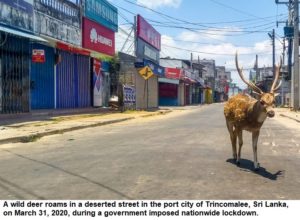

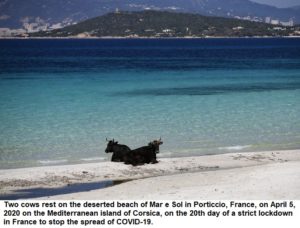

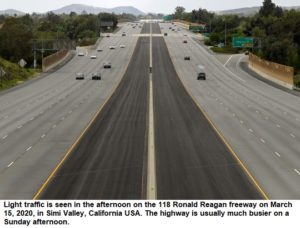
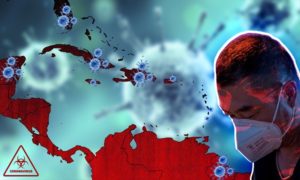
 How do we go about this change? What is the answer?
How do we go about this change? What is the answer?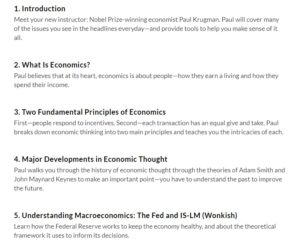
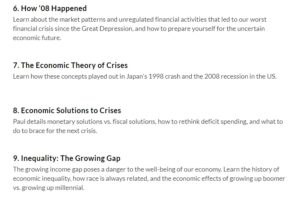
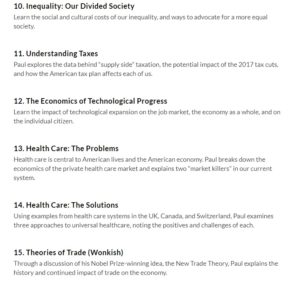
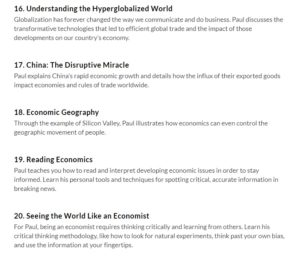
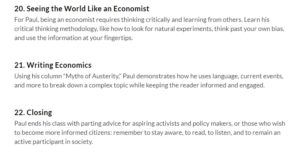
 The whole world must act now to remediate this crisis – flatten the curve – of this
The whole world must act now to remediate this crisis – flatten the curve – of this 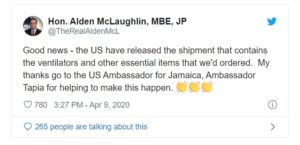
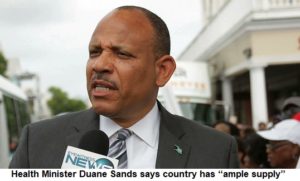
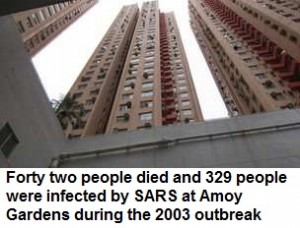 How can a community – the Caribbean region in this case – manage such an epidemiological crisis?
How can a community – the Caribbean region in this case – manage such an epidemiological crisis? The Go Lean book reports that previous Caribbean administrations have failed miserably in managing regional crises. There is no structure for cooperation, collaboration and coordination across borders. This is the charge of the Go Lean/CU roadmap. To effectuate change in the region by convening all 30 Caribbean member-states, despite their historical legacies or governmental hierarchy.
The Go Lean book reports that previous Caribbean administrations have failed miserably in managing regional crises. There is no structure for cooperation, collaboration and coordination across borders. This is the charge of the Go Lean/CU roadmap. To effectuate change in the region by convening all 30 Caribbean member-states, despite their historical legacies or governmental hierarchy. Yes, we can …
Yes, we can …





 Face the truth, the “little one” is often invisible and ignored …
Face the truth, the “little one” is often invisible and ignored … “One Accord”, in this case, does not refer to the vehicle from the Japanese Auto Company Honda …
“One Accord”, in this case, does not refer to the vehicle from the Japanese Auto Company Honda …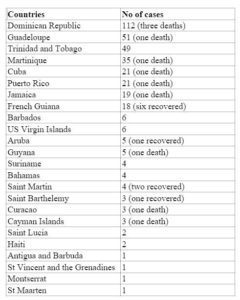
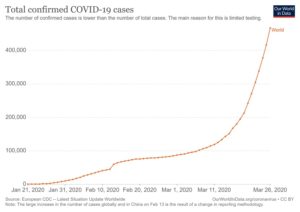 China, South Korea, Iran, Italy have individually engaged in unifying their voice for consistent leadership in this Coronavirus battle. Now, we have many Caribbean nations that have been afflicted – people have died – but we need the rest of the world to respect our policies and decision-making. There need not be any guessing as to whether Caribbean nations are open or closed. We need the full region to “shelter-in-place” everywhere and close our borders. We need to allow this crisis to pass, with minimal contagions, so that we can quickly re-open to a disease free environment.
China, South Korea, Iran, Italy have individually engaged in unifying their voice for consistent leadership in this Coronavirus battle. Now, we have many Caribbean nations that have been afflicted – people have died – but we need the rest of the world to respect our policies and decision-making. There need not be any guessing as to whether Caribbean nations are open or closed. We need the full region to “shelter-in-place” everywhere and close our borders. We need to allow this crisis to pass, with minimal contagions, so that we can quickly re-open to a disease free environment.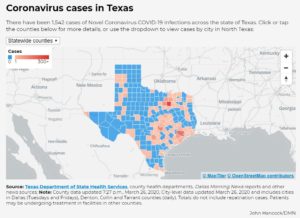
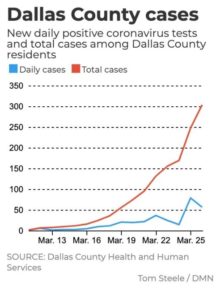 Dallas County was the first in the state to announce a shelter-in-place order, which went into effect Monday night.
Dallas County was the first in the state to announce a shelter-in-place order, which went into effect Monday night.


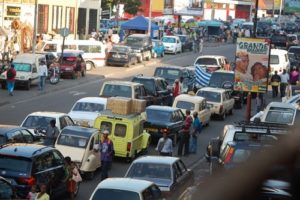

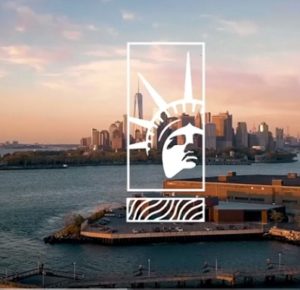 There are role models for us to emulate. Here is one example; we have been to New York City; we have studied the history and the progress of their transportation-focused Public Works. We have even published previous commentaries on the
There are role models for us to emulate. Here is one example; we have been to New York City; we have studied the history and the progress of their transportation-focused Public Works. We have even published previous commentaries on the 

 Got any money? Got any American coins or notes (US Dollars). Notice the engraving: ‘In God We Trust’. What does it mean?
Got any money? Got any American coins or notes (US Dollars). Notice the engraving: ‘In God We Trust’. What does it mean? Don’t get it twisted: American money having a reference to “trusting in God” does not make it divine, or backed by God. There is nothing sacred about American currency, and thusly, it can be replaced or supplanted. This is our dream!
Don’t get it twisted: American money having a reference to “trusting in God” does not make it divine, or backed by God. There is nothing sacred about American currency, and thusly, it can be replaced or supplanted. This is our dream!
 This benefit is so obvious that others have thought of this before …
This benefit is so obvious that others have thought of this before … (Note: The strategy to including the US Territories of Puerto Rico and the US Virgin Islands in the Caribbean Monetary Union is for Electronic Financial Transactions only).
(Note: The strategy to including the US Territories of Puerto Rico and the US Virgin Islands in the Caribbean Monetary Union is for Electronic Financial Transactions only). 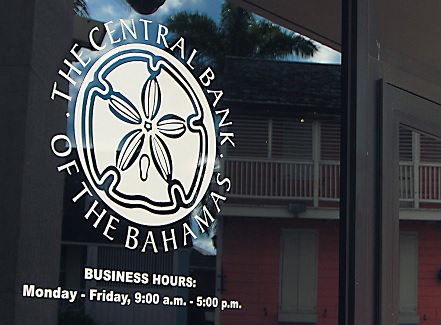 The Central Bank of The Bahamas (CBOB) officially announced yesterday that The Bahamas’ one cent coins as legal currency will be relegated to the annals of history.
The Central Bank of The Bahamas (CBOB) officially announced yesterday that The Bahamas’ one cent coins as legal currency will be relegated to the annals of history.

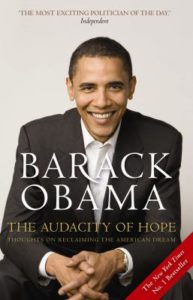 Title: The Audacity of Hope : Thoughts on Reclaiming the American Dream (2006)
Title: The Audacity of Hope : Thoughts on Reclaiming the American Dream (2006)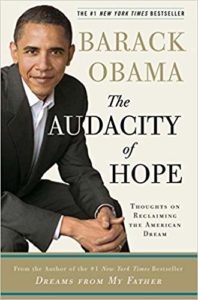

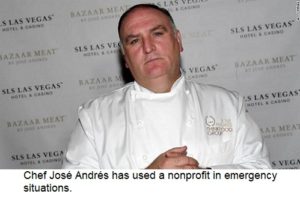 Celebrity chef José Andrés has mobilized his charity World Central Kitchen and set up camp near the Grand Princess cruise ship.
Celebrity chef José Andrés has mobilized his charity World Central Kitchen and set up camp near the Grand Princess cruise ship.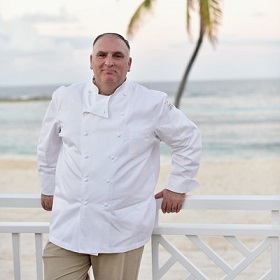 We gotta eat!
We gotta eat!
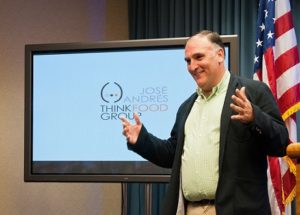
 The Bahamas, finally installing solar arrays, wants to send a message to the world – Big Polluters in particular – that societies can transform to alternative energy sources, use less fossil fuels and abate Climate Change.
The Bahamas, finally installing solar arrays, wants to send a message to the world – Big Polluters in particular – that societies can transform to alternative energy sources, use less fossil fuels and abate Climate Change. So we went from “planning the plan” to now “planning the action”.
So we went from “planning the plan” to now “planning the action”. The Go Lean book was written 5 years ago as a 5 Year Plan to reform and transform the Caribbean region. Had the plan been adopted by the regional stakeholders, then the Agents of Change would have been better addressed. The plan, or roadmap, to introduce and implement the Caribbean Union Trade Federation is still rearing to start; and while we cannot single-handedly solve Climate Change, we can better prepare the region for the heavy-lifting involved. The book describes the community ethos to adopt plus the many strategies, tactics and implementation that need to be executed.
The Go Lean book was written 5 years ago as a 5 Year Plan to reform and transform the Caribbean region. Had the plan been adopted by the regional stakeholders, then the Agents of Change would have been better addressed. The plan, or roadmap, to introduce and implement the Caribbean Union Trade Federation is still rearing to start; and while we cannot single-handedly solve Climate Change, we can better prepare the region for the heavy-lifting involved. The book describes the community ethos to adopt plus the many strategies, tactics and implementation that need to be executed.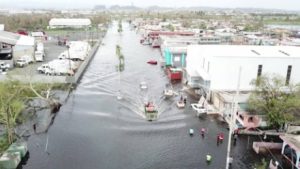
 This is an
This is an